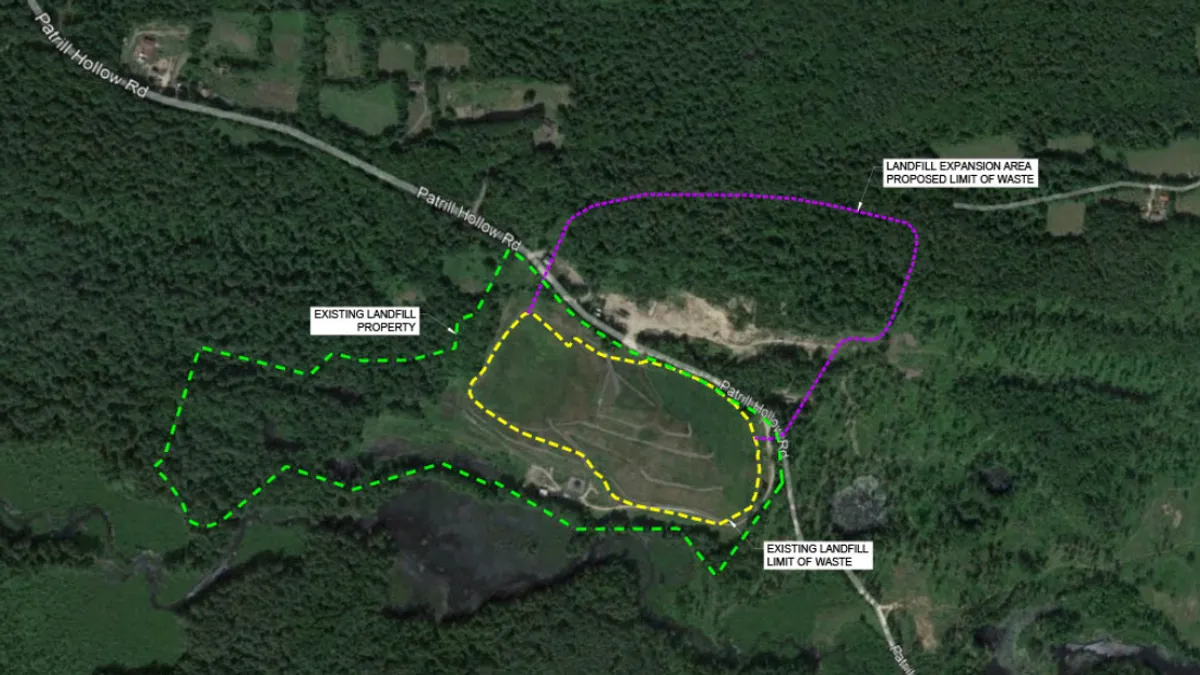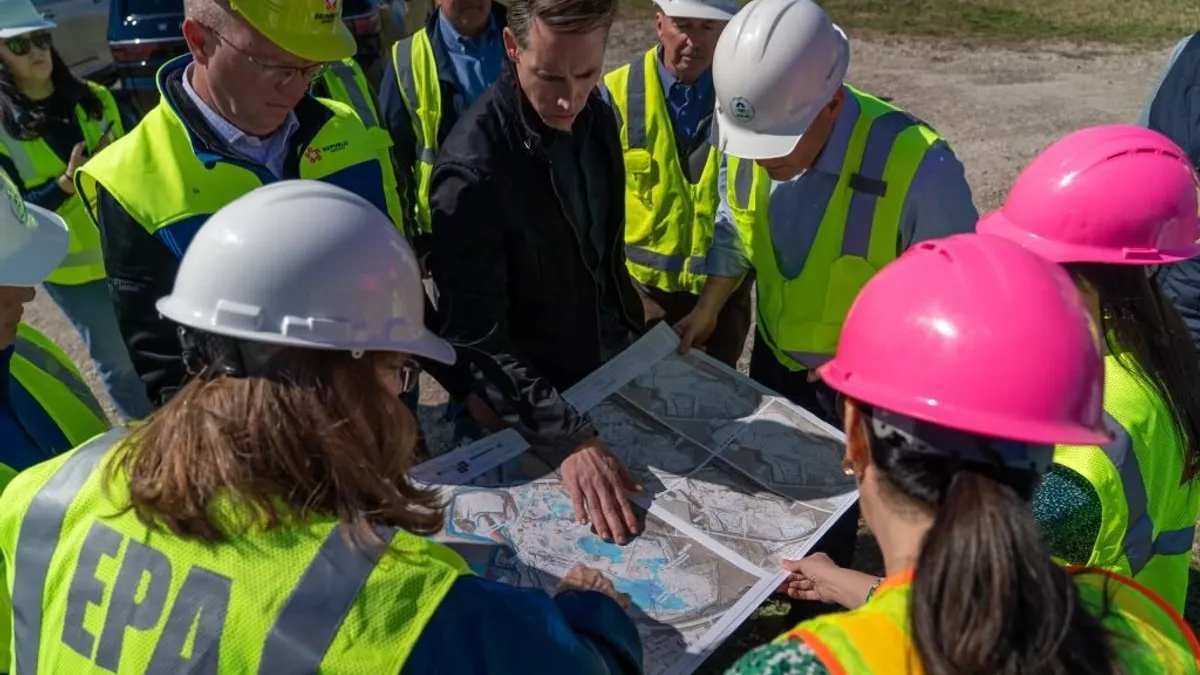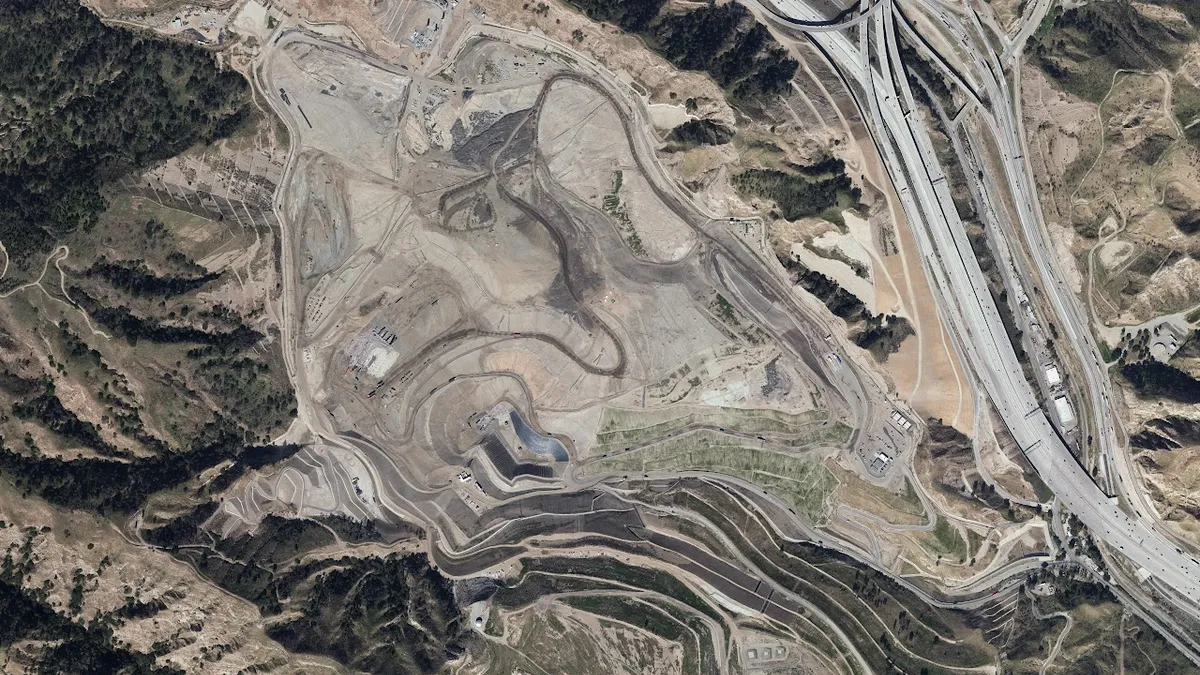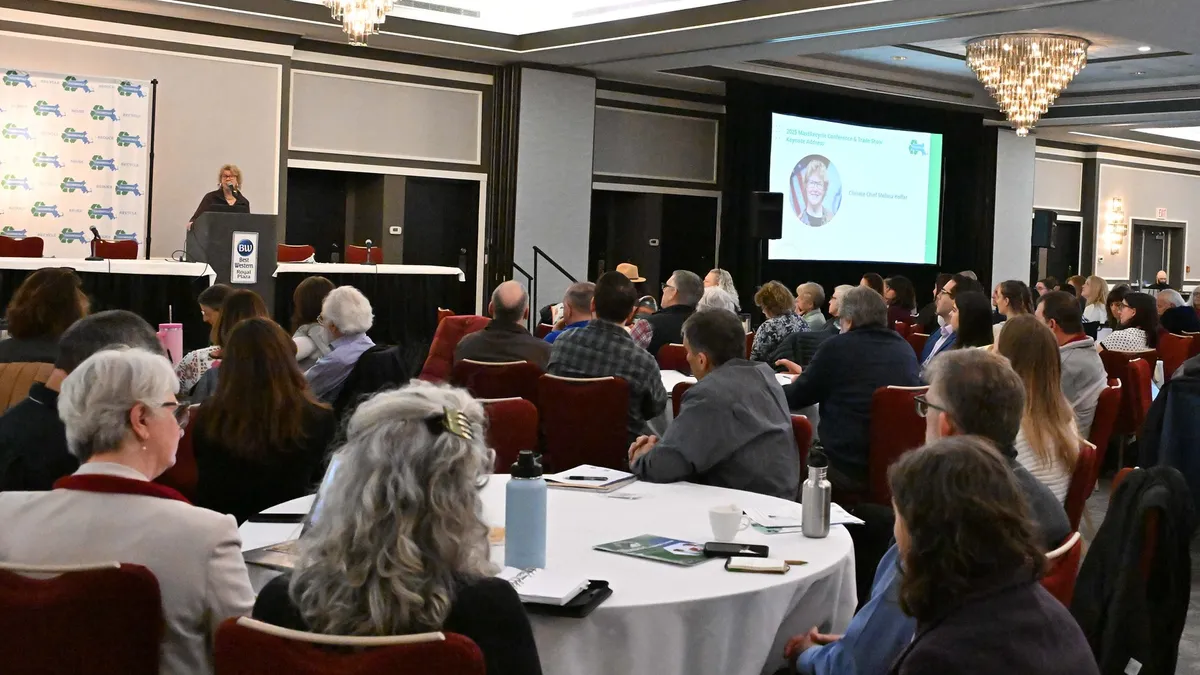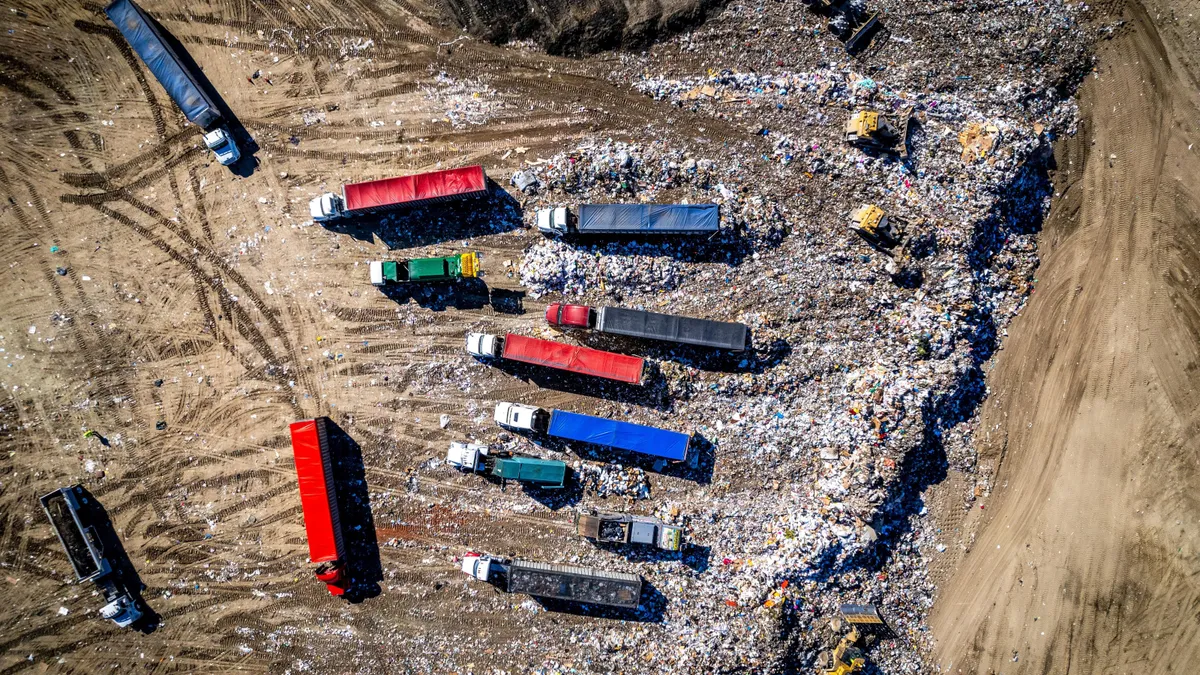Landfills around the country continue to face challenges getting expansions approved.
WM notched a win recently in Michigan, where it has agreed to construct a replacement wetlands and forest as a mitigation plan for a landfill expansion. In Pennsylvania, the Keystone Sanitary Landfill has also reached an agreement to address odor complaints and is now attempting to clear another hurdle to begin a major expansion. But Casella received disapproval from a municipal body amidst its plan to revive a landfill in Hardwick, Massachusetts.
Read on for updates on some difficult expansion processes that have evolved in recent weeks.
Casella attempt to revive Massachusetts landfill hits setback
Casella’s proposal to reopen a landfill it was forced to close in 2007 suffered a setback on April 9. The Hardwick, Massachusetts, planning board voted not to recommend zoning amendments proposed by Casella, which would have allowed the landfill to reopen and combined it with a neighboring gravel pit.
Last year, the company presented town officials with a plan for an annual host fee expected to provide Hardwick with more than $2 million per year. The landfill would accept about 1,125 tons per day of both MSW and C&D waste, according to that plan.
The double-lined landfill would have a 48-acre footprint and a 13-year lifespan, according to the company’s most recent proposal. Casella Vice President of Communications Jeff Weld said the setback “means very little to the project” in an email. He said town residents themselves would also need to vote on such amendments. He also noted that Casella withdrew the amendments and “expects to resubmit a revised zoning amendment package that addresses some of the questions and concerns raised by residents during the public hearing.”
WM gets green light for Michigan expansion
WM received approval to expand a landfill in Wayne County, Michigan, after a protracted legal battle initiated by local groups pushing to preserve a wetland that would be destroyed by the expansion. The expansion will extend the life of the landfill by about 25 years, according to public records.
WM first received an approval to expand the Woodland Meadows landfill in 2020 from the Michigan Department of Environment, Great Lakes, and Energy. But the Wayne County Conservation District fought the expansion, which would impact 44 acres of wetlands that conservationists describe as wet-mesic flatwood wetlands, Planet Detroit reported.
The wetlands are a relatively rare and imperiled ecosystem in the state, conservationists have argued. But EGLE, which has defended the expansion permit, argues the property is "highly degraded" and disconnected from similar landscapes in the area.
On March 29, the state's Environmental Permit Review Commission sided in favor of the expansion. In doing so, it affirmed a prior decision finding that the public benefits for the expansion, including the landfill's extended life and an estimated $750 million profit for WM, outweighed the losses from razing the property.
The existing landfill has been operated by WM since 1994 and has an estimated two to three years of remaining capacity. It handles about 40% of Wayne County's non-hazardous solid waste. As part of its permit to build the expansion, WM must also build a new and protected conservation area on property it owns elsewhere. The commission expanded the size of that mitigation plan to 80 acres of new wetlands and 22 acres of forest land, adding 10 acres to a prior decision.
State board to weigh in on Keystone Sanitary Landfill expansion
The Pennsylvania Environmental Hearing Board heard arguments over several days at the end of April in a case deciding an expansion permit for the Keystone Sanitary Landfill in Lackawanna County privately owned by the DeNaples family. The case is the latest in a years-long battle to expand the landfill.
If approved, the landfill would add 90 million tons of capacity, extending the landfill’s life by about 42 years. The expansion was first proposed in 2014, prompting the formation of the opposition group Friends of Lackawanna. That group has since received the support of the Sierra Club, which is assisting the group in the current case before the board. The parties opposed to the expansion argue the landfill has not properly addressed leachate and odor concerns, and argue the DEP’s decision to approve the permit was motivated by the proceeds from the expansion, the Times-Tribune reported.
The landfill owners previously reached an agreement on March 29 with the Pennsylvania Department of Environmental Protection over odor violations at the landfill. The agreement requires the landfill to take a variety of measures, including improving its leachate lagoon and cover. The owners must also more frequently monitor the landfill surface with drones to ensure gas leaks are detected and addressed more quickly.



